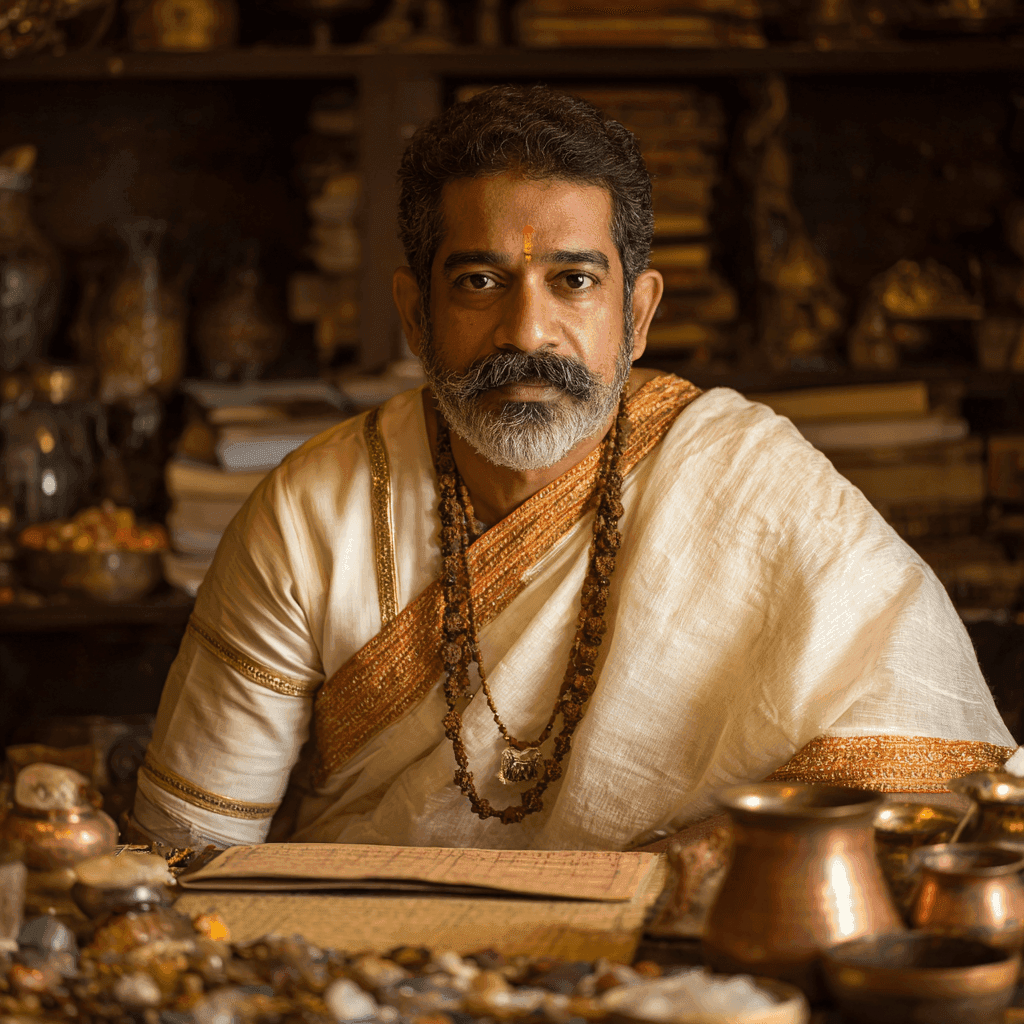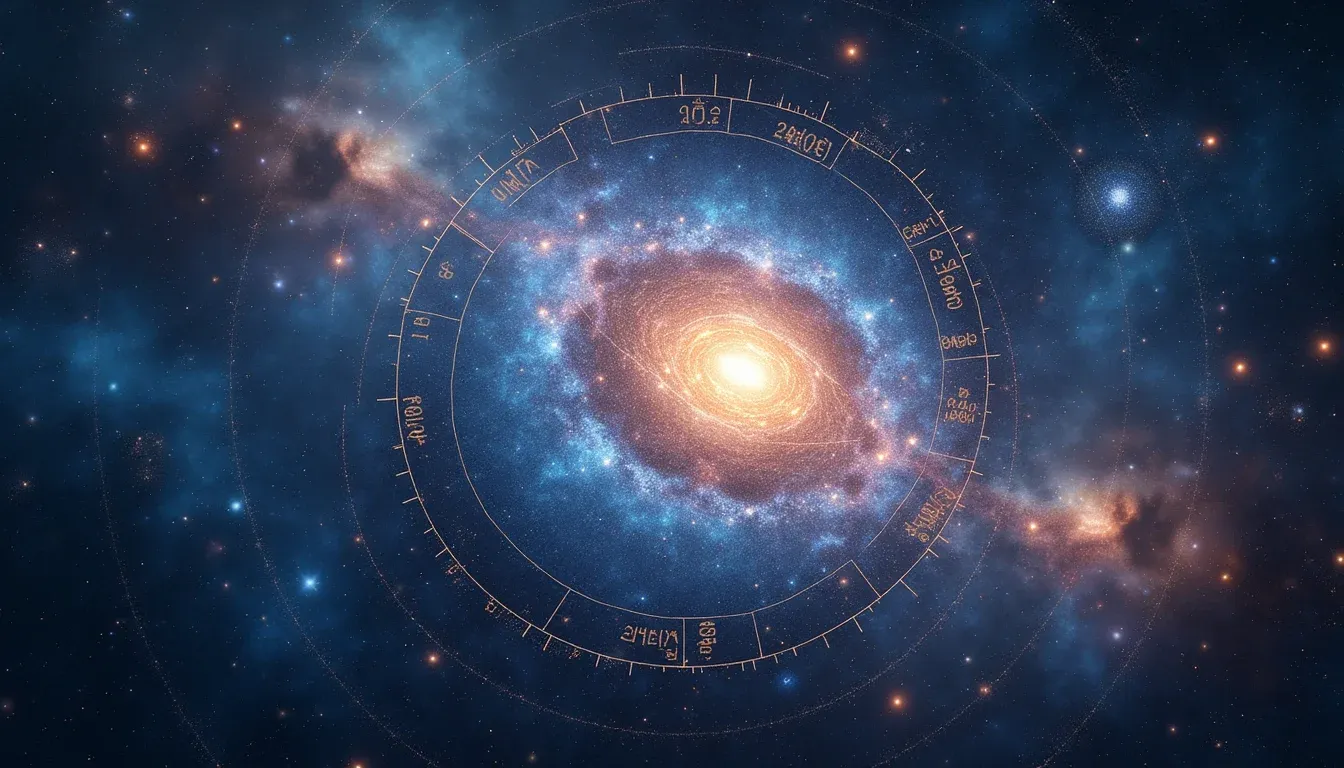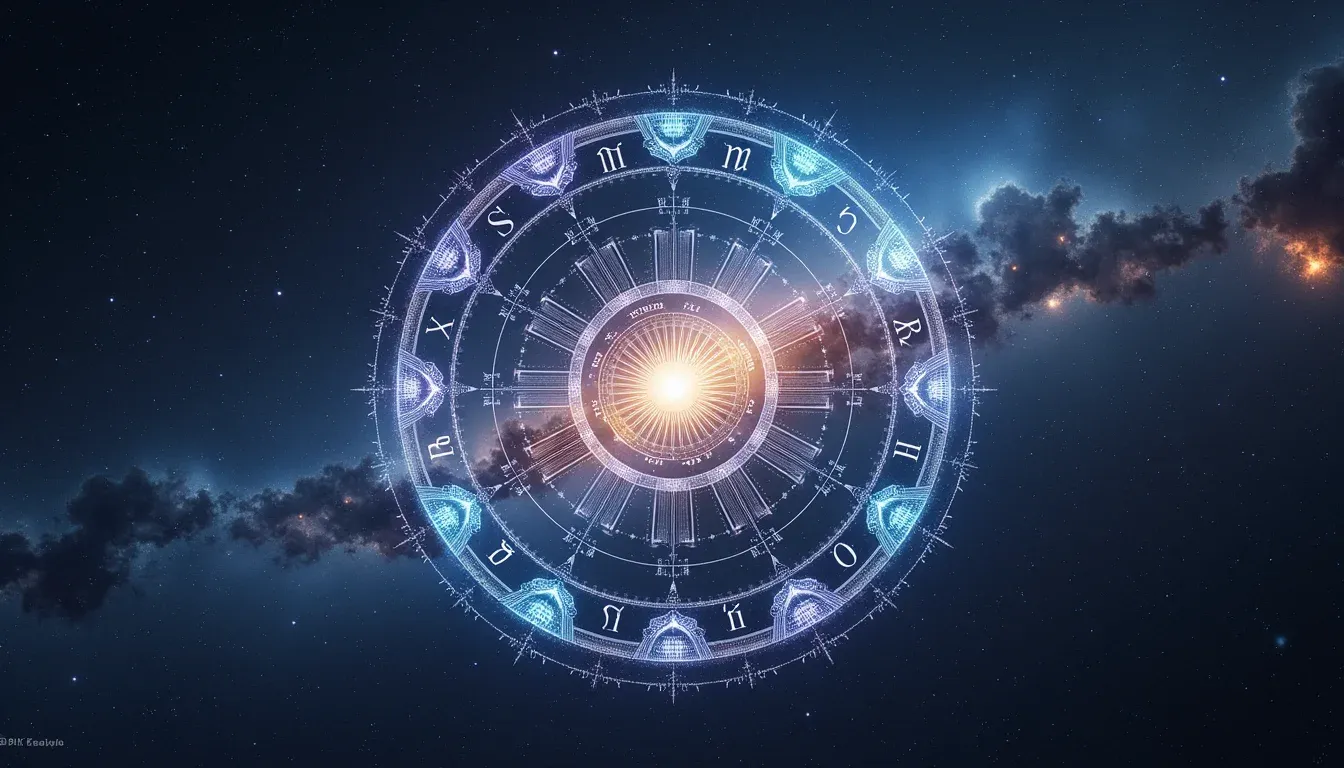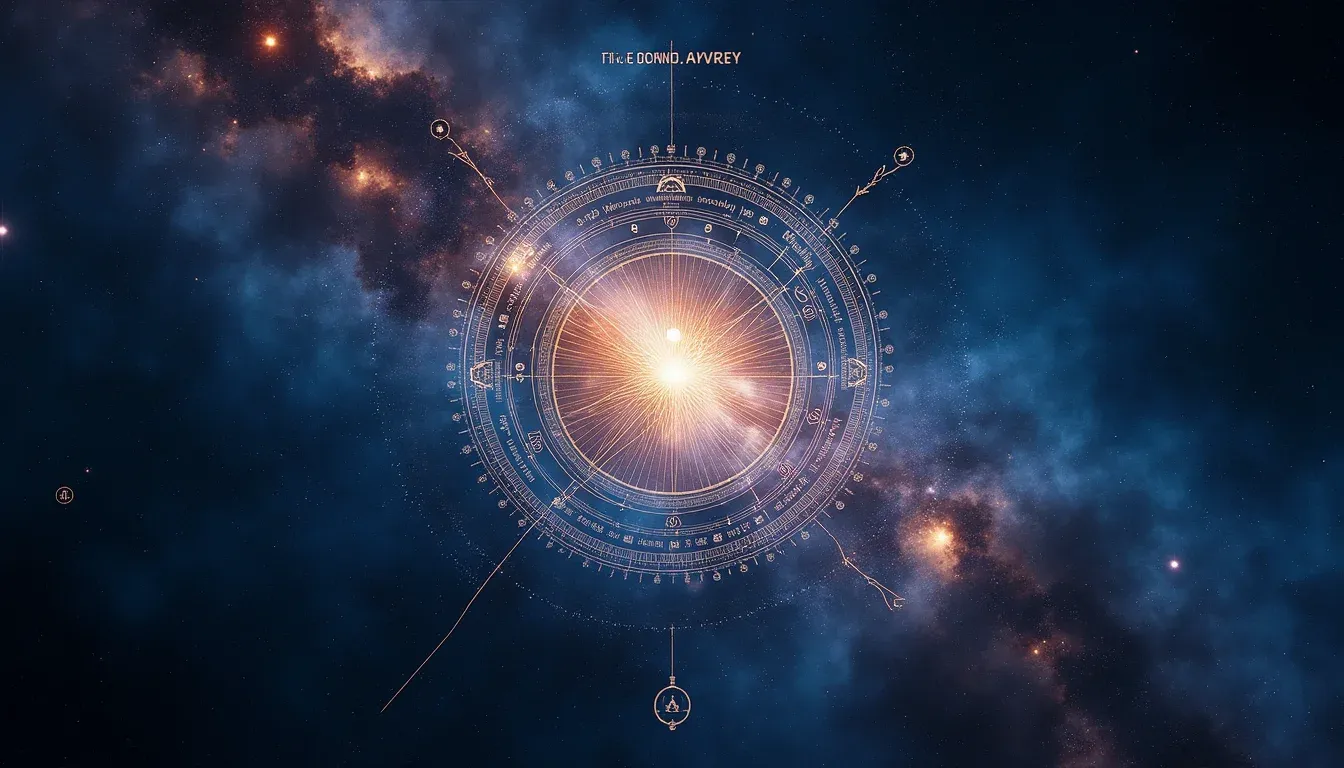Unraveling Pitru Dosha: Symptoms, Puja, and Transformativ...
Discover Pitru Dosha symptoms and puja insights and guidance from expert astrologers.
In the intricate tapestry of Vedic astrology, the concept of Pitru Dosha holds profound significance. It is often associated with unresolved ancestral issues that can manifest in various challenges throughout your life. If you’ve ever felt an unexplained heaviness, recurring obstacles, or a sense of being stuck, you might be experiencing the effects of Pitru Dosha. Understanding its symptoms and the powerful pujas dedicated to remedying this dosha can illuminate your path towards healing and liberation. Join me as we delve into this spiritual journey, uncovering the signs and solutions that can transform your life.
The Cosmic Foundation: Understanding Pitru Dosha
Pitru Dosha, rooted in the Sanskrit term "Pitru," meaning ancestors or forefathers, signifies a karmic imbalance linked to your lineage. This astrological condition often arises from neglecting ancestral rites, particularly during pivotal periods such as the "Shradh" ceremonies performed in honor of the deceased. In Vedic astrology, the Sun represents the father and ancestors, and its afflictions in your birth chart can indicate the presence of Pitru Dosha.
When this dosha is active, it can manifest in various ways, including familial discord, financial instability, health issues, and an overall sense of stagnation. The underlying belief is that unresolved ancestral karma can impede your success and peace, creating a cycle of suffering that needs to be addressed through spiritual practices and pujas.
Recognizing the Symptoms of Pitru Dosha
Identifying the symptoms of Pitru Dosha is crucial for initiating the healing process. Here are some common signs to be aware of:
- Recurring Financial Problems: If you find yourself facing continuous financial difficulties despite your efforts, it may be a sign of Pitru Dosha. Ancestral issues can block the flow of abundance into your life.
- Health Issues: Chronic health problems, particularly those that seem to have no clear medical explanation, can indicate the influence of ancestral karma.
- Family Conflicts: Frequent disputes, misunderstandings, or a lack of harmony among family members might suggest an unresolved ancestral legacy that needs reconciliation.
- Unexplained Obstacles: If you feel as though you're continuously running into barriers in your personal or professional life, this could be attributed to lingering ancestral issues.
- Lack of Success: Despite hard work, if there’s a persistent lack of recognition or success, it may be a sign of Pitru Dosha affecting your life path.
Understanding these symptoms can empower you to take proactive steps towards alleviating the effects of Pitru Dosha.
Personalized Guidance Awaits
Our expert astrologers can reveal remedies tailored specifically to your birth chart. Connect with us for a live consultation.
Talk to Expert AstrologerThe Power of Puja: Remedies for Pitru Dosha
Engaging in pujas dedicated to appeasing your ancestors is one of the most effective remedies for Pitru Dosha. These rituals not only honor your lineage but also help to clear the negative energies associated with unresolved ancestral karma. Here are some powerful pujas you can consider:
- Shradh Puja: This is the most significant ritual for honoring ancestors. Performed during the lunar month of Bhadrapada, this puja involves offerings of food and prayers to ensure peace for the souls of departed family members. It is believed that performing this ritual can lift the burdens of Pitru Dosha.
- Tarpan: This ritual involves offering water mixed with sesame seeds and barley to appease the ancestors. It is done especially during the Pitru Paksha, a fortnight dedicated to honoring ancestors. Tarpan is a sacred way to express gratitude and seek blessings for your family.
- Navagraha Puja: Since planetary influences are vital in Vedic astrology, a Navagraha Puja can help mitigate the planetary afflictions that contribute to Pitru Dosha. Invoking the blessings of all nine celestial bodies can bring balance and harmony to your life.
- Homam (Fire Ritual): Performing a homam dedicated to ancestors can invoke divine energies and help in releasing any negative ancestral influences. This powerful fire ritual is often conducted by knowledgeable priests who can guide you through the process.
Each of these pujas has its own unique significance and should be performed with devotion and sincerity. Additionally, it is recommended to consult with an experienced astrologer to determine the most suitable puja based on your specific birth chart.
The Importance of Mantras in Healing Pitru Dosha
Alongside pujas, chanting specific mantras can amplify your efforts to alleviate Pitru Dosha. These sacred sounds resonate with divine energies and carry the intention of healing and liberation. Here are some powerful mantras to consider:
- "Om Pitrubhyo Namah": This mantra is a direct invocation to your ancestors, seeking their blessings and forgiveness. Reciting this mantra with devotion can help in releasing ancestral burdens.
- "Gayatri Mantra": The Gayatri Mantra is one of the most revered mantras in Vedic tradition. It invokes the divine light of the Sun, which represents the father and ancestors. Chanting this mantra daily can enhance your spiritual connection and provide clarity.
- "Maha Mrityunjaya Mantra": Known for its healing properties, this mantra can help in overcoming health issues linked to Pitru Dosha. It invokes Lord Shiva’s blessings for protection and healing.
- "Om Namah Shivaya": This powerful mantra can help in invoking Lord Shiva’s grace, aiding in the release of negative karmas associated with your lineage.
To maximize the benefits, it is advisable to chant these mantras with focus and intention, preferably during auspicious times.
Rituals to Maintain Ancestral Connection
Maintaining a strong connection with your ancestors can significantly reduce the impact of Pitru Dosha in your life. Here are some rituals that can help you honor your lineage:
- Regular Offerings: Making regular offerings of food, flowers, and incense at home for your ancestors can create a sacred space of remembrance and gratitude.
- Creating a Family Altar: Setting up a small altar with photographs of your ancestors can serve as a constant reminder of their presence and contributions to your life. Offering prayers at this altar can strengthen your connection.
- Celebrating Ancestral Festivals: Observing festivals that honor ancestors, such as Pitru Paksha, can reinforce family bonds and ensure the flow of blessings from your lineage.
- Meditation and Reflection: Taking time to meditate on your family lineage and reflecting on the lessons learned from your ancestors can foster a deeper understanding of your roots and help in healing ancestral wounds.
These rituals not only honor your ancestors but also create a positive environment conducive to spiritual growth and healing.
Explore Astrosight Services
The Transformative Journey: Embracing Healing
The journey of healing from Pitru Dosha is both personal and profound. By recognizing the symptoms and engaging in the recommended pujas and rituals, you can begin to shift the energies in your life. It’s essential to approach this journey with sincerity, understanding, and a desire for growth. Remember that the intention behind your actions is what truly matters. By honoring your ancestors and seeking their blessings, you pave the way for a brighter future filled with love, abundance, and spiritual clarity.
In conclusion, Pitru Dosha can significantly impact your life, but it is not insurmountable. By understanding the symptoms and engaging in the appropriate rituals and pujas, you can heal ancestral wounds and create harmony in your life. Embrace this transformative journey with an open heart, and remember that you are not alone; support is available through expert guidance tailored to your unique circumstances. Reach out to us at Astrosight for personalized remedies and consultations that can guide you on your path to healing and empowerment.
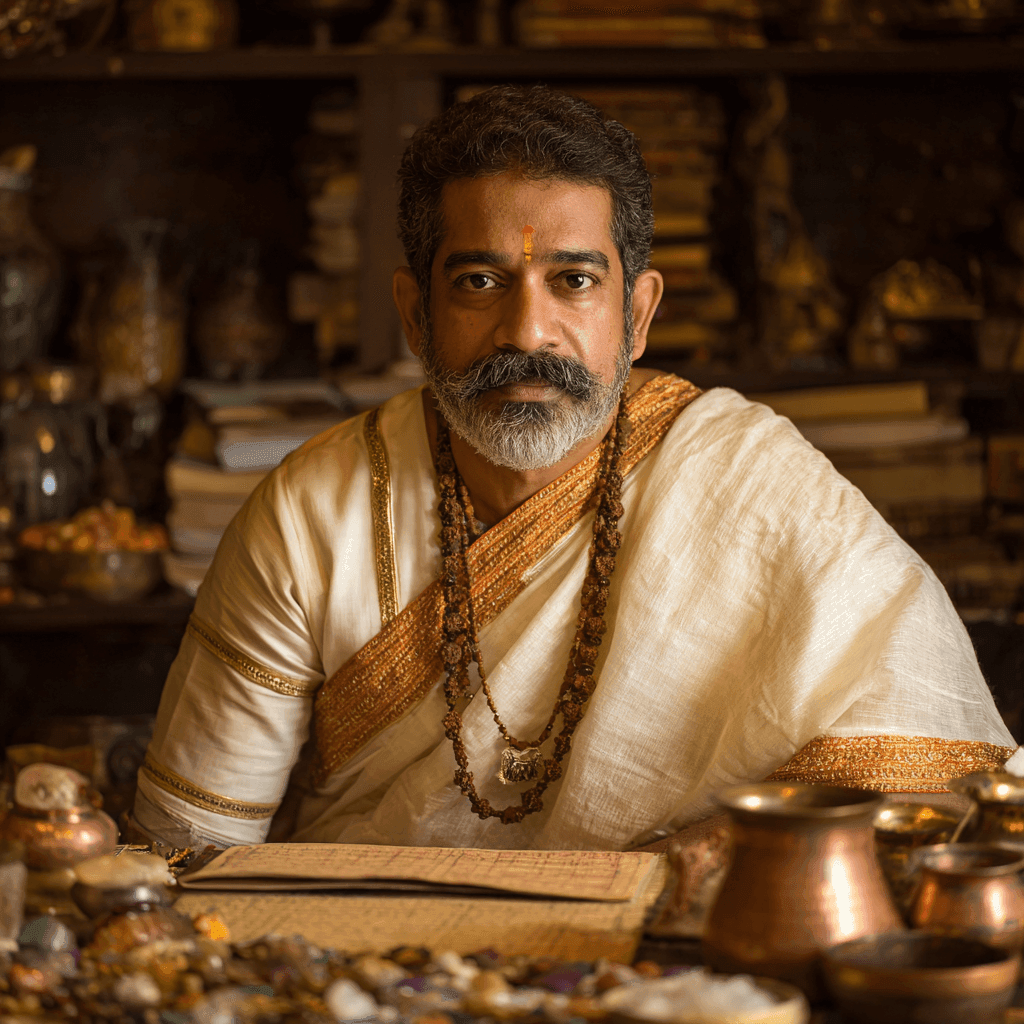
Acharya Ravi Teja
Expert in Vedic Astrology Remedies, 18+ Years of experience
18 + Years of Experience
100+ Readers
Acharya Ravi Teja is a distinguished remedial astrology expert with over 18 years of specialized experience in the therapeutic and corrective aspects of Vedic astrology. His extensive practice focuses on prescribing and implementing powerful astrological remedies including gemstone recommendations, yantra installations, mantra practices, and comprehensive dosha mitigation strategies. As a contributing writer for AstroSight, Acharya Ravi Teja shares his profound knowledge of remedial measures that address planetary afflictions, karmic imbalances, and doshas such as Manglik, Kaal Sarp, and Pitra Dosha. His expertise encompasses the precise selection of authentic gemstones based on individual birth charts, the consecration and placement of sacred yantras for specific purposes, and the guidance of targeted mantra practices for spiritual and material well-being. Through his methodical approach and deep understanding of remedial astrology, Acharya Ravi Teja has successfully helped thousands of clients neutralize negative planetary influences and enhance positive cosmic energies, establishing himself as a trusted authority in the field of astrological remedies and spiritual healing.

